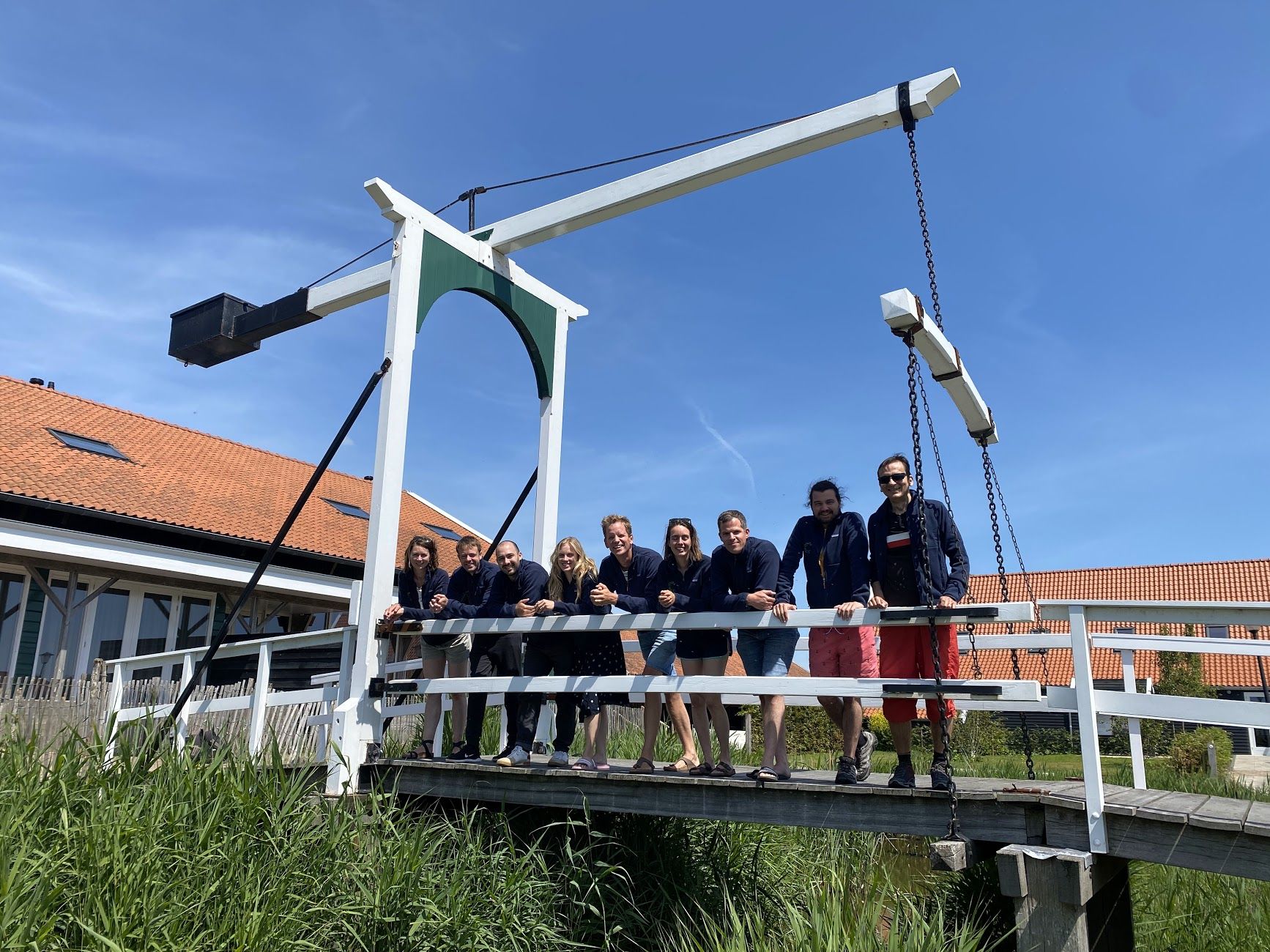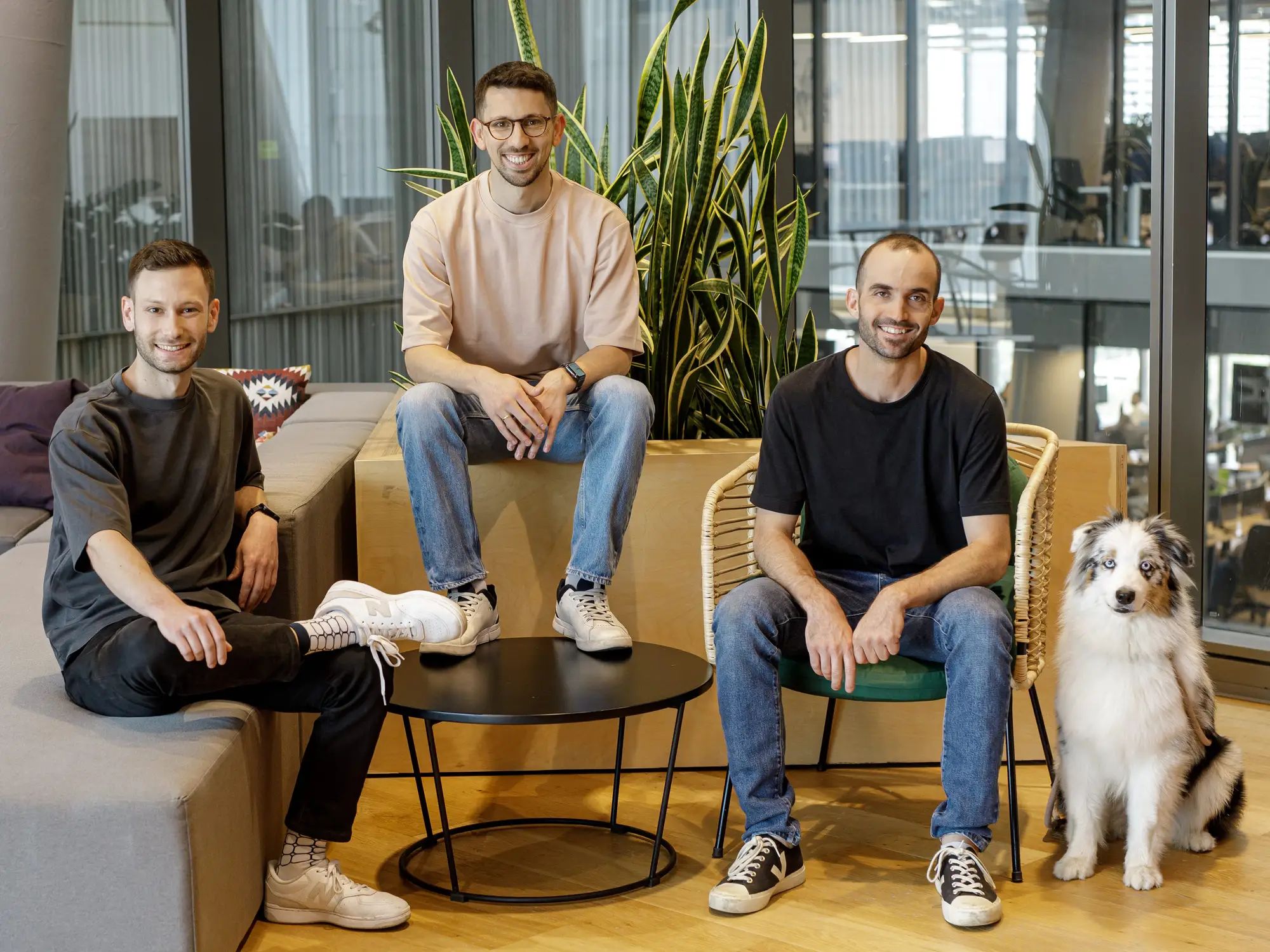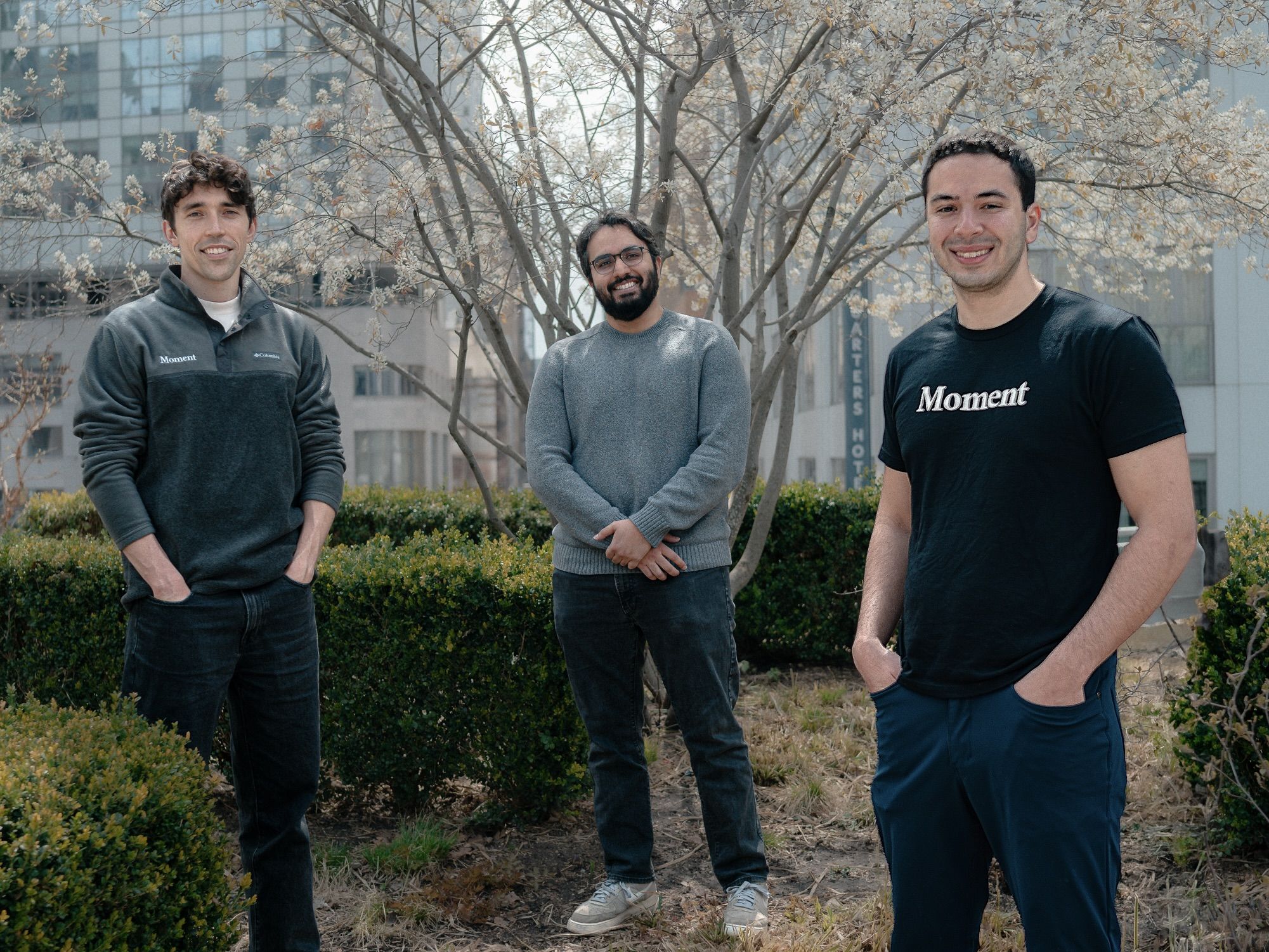By Combining Biotech with AI, Cradle Presents a Highly Compelling ‘Why Now’ Moment

QUICK TAKE
- Biotech startup Cradle exits stealth, raises €5.5M to design protein-machines and cell-factories with AI
- Cradle’s design platform makes it easy for everyone to start building products with biology instead of oil or animals, leveraging generative machine learning models to transform how biologists design and optimize proteins
- Synthetic biology can generate environmentally friendly alternatives to 60% of everything humans consume - including food, clothing, materials, medicines and chemicals
INDEX PERSPECTIVE
By Sofia Dolfe, Partner
Biotech has become somewhat of an investment buzzword over the past decade. Now, with the success of the Covid vaccines, the world is seeing the potential of synthetic biology. Still, challenges remain: designing proteins is a laborious, costly and time-intensive process, with success hard to come by.
The few tools that currently exist for protein design are inefficient and single-player – often the process involves hours spent on Google Scholar trying to figure out sequences others have previously tried and tested. By applying AI to the space, Cradle has the potential to solve many of these issues to unlock innovation and accelerate a path to scale and commercial viability.
The team’s depth of expertise – having worked with leading tech and biotech companies including Google X, Zymergen, Uber and Perfect Day – alongside their degree of focus and speed of development, ideally places them to define a new category around programmable biology. And it’s not just the development of new vaccines and medication it will impact. Cradle’s AI will provide design tools for bio-engineers across a spectrum of industries.
It’s a possibility that has already begun with the development of animal-free meat and bioplastics. But by using AI to precision-engineer proteins, Cradle is set to power a new wave of progress.
THE DETAILS
Cradle, the platform that helps scientists to design and program proteins, today announces it is exiting stealth and has raised €5.5 million ($5.4m) in seed funding, co-led by Index Ventures and Kindred Capital. Leading angel investors also participated in the round including Feike Sijbesma, Honorary Chairman and former CEO of Royal DSM; and Emily Leproust, founder of Twist Bioscience.
Synthetic biology involves adapting the genes of microorganisms such as bacteria and fungi to create ‘cell factories’ that use programmable proteins to produce a wide variety of everyday products: from milk and meat, grown without farming animals, to plastics created without petrochemicals, materials for clothing or electronic components, or even personalized medicines. Synthetic biology can also play an important role in breaking down and recycling waste materials, for instance by degrading waste plastics or removing pollutants from water. This news comes at a time when the ‘synthetic biology’ is at a commercial and scientific turning point, with Cradle primed to shape this emerging field.
This production method could dramatically reduce the environmental impact of human consumption. McKinsey Global Institute has predicted that 60% of everything humans consume could be produced using cell factories. In 2021, Piper Sandler valued the synthetic biology market at $1,157bn, with the cell factory market alone worth $40bn.
The challenge for biologists who are working on these products is that building these proteins is currently a costly and laborious iterative process based on trial and error. It often takes years to reach a viable solution and often more than 99% of protein designs tested in the laboratory fail to hit their design specifications.
Cradle solves this problem by giving scientists the ability to ‘reverse engineer’ proteins with the desired specific properties and has built a working platform that is already being used by a number of early stage design partners. For example, a biologist might want to change a protein so that it is guaranteed to remain stable at a certain temperature, or so that it will attach itself to a specific chemical in its vicinity. Cradle’s self-teaching, self-improving generative machine learning models – which draw on recent advances in ‘natural language processing’ – can predict which parts of a protein’s genetic code a biologist will need to alter, significantly improving a scientist’s chances of getting the experimental results they want.
Cradle further improves the performance of these large models on specific tasks relevant to the context of biological research, and makes them accessible to scientists without a machine learning background through an intuitive and collaborative online platform. Through this method, Cradle believes it can reduce the time and cost of getting a synthetic biology product to market by an order of magnitude.
The company will use its seed funding to continue to accelerate product development and build out its offering as the global leader in programmable biology, scale its world class team and support the onboarding of more design partners.
Stef van Grieken, Cradle’s CEO and co-founder, commented:
“You can think of cells like tiny factories, with proteins as the assembly lines and machines that allow them to make different end-products. With the right tweaks, we can make proteins that will make all manner of new products far more efficiently and with a much lower environmental impact. With current methods a biologist can spend years trying to find the right solution to any particular problem. By harnessing the power of machine learning, our platform can substantially speed up the design, build and scaling phases when bioengineering proteins, making it possible to create and scale synthetic biology projects much faster and more cost-effectively. Our goal is to reduce the cost and time of getting a bio-based product to market by an order of magnitude so that anyone - even 'two kids in their garage' - can bring a bio-based product to market.”
Sofia Dolfe, the partner who co-led the investment for Index Ventures commented:
“It’s early days for synthetic biology, but it’s hugely significant for humanity and is going to grow exponentially. We believe this technology could transform how we produce almost everything; from food and medicine to the raw materials we use for a wide variety of consumer products. The Cradle team’s depth of expertise, degree of focus and speed of development sets them apart. They’re ideally placed to define a new category around programmable biology, creating the design tools that scientists are going to need to precision-engineer proteins and dramatically improve human and planetary health.”
Cradle’s operations include a ‘wet lab’, which allows the company to generate data to train their machine learning models. It has offices in Delft, The Netherlands and Zurich, Switzerland and with a team comprised of machine learning and biotech research specialists with experience at many of the world’s leading technology and biotech companies, including Google, Google X, Zymergen, Uber and Perfect Day.
Published — Nov. 17, 2022

